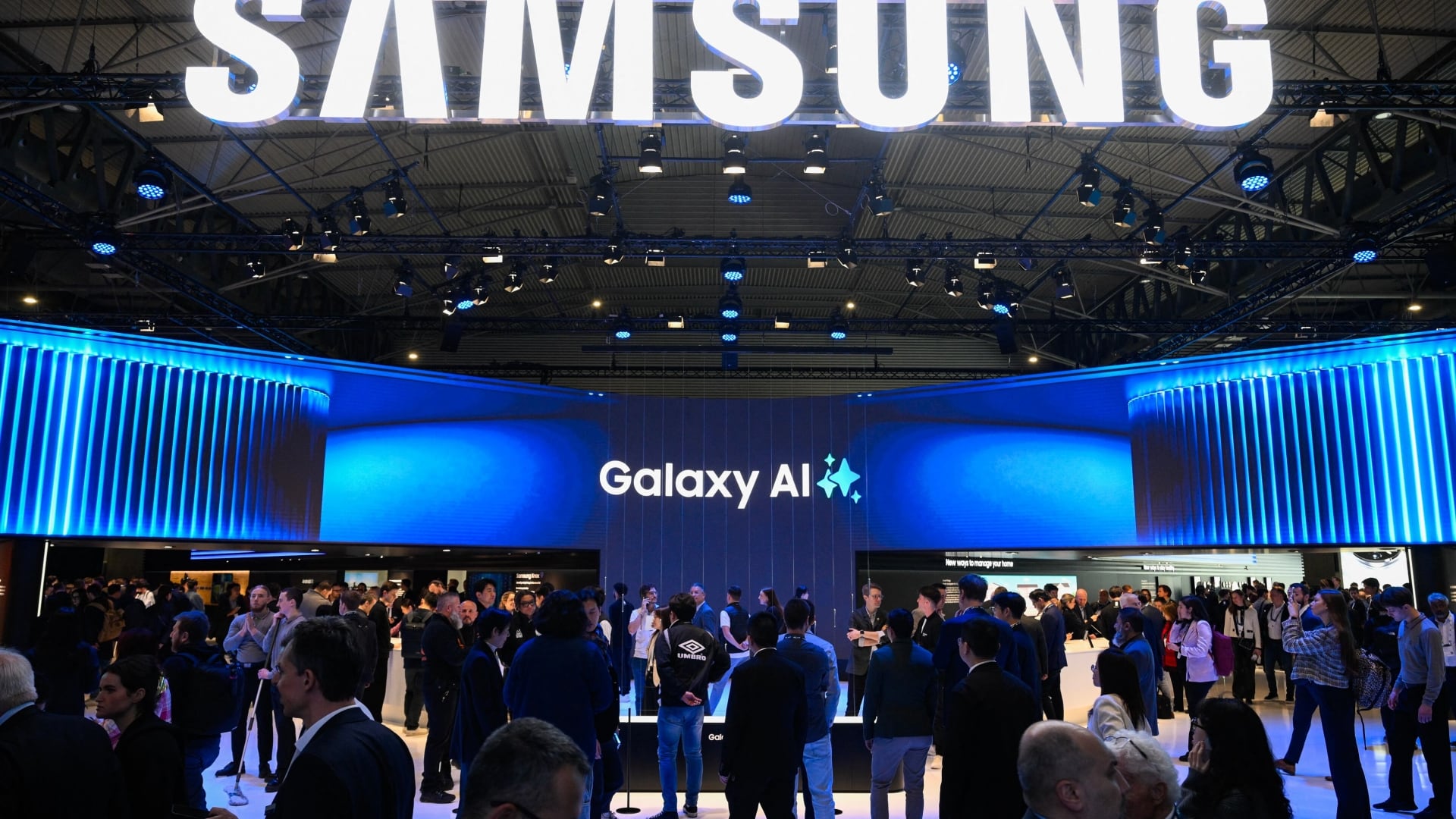Congress is heading back to work with a packed docket ahead of the looming government shutdown. CRTV's Nate Madden and The Democratic Coalition's Jarad Geldner join Cheddar's roundtable to discuss what awaits lawmakers when they get back from their holiday break. We consider whether the tight deadline will speed up the GOP's agenda or hinder it. President Trump is set to meet with Chuck Schumer and Nancy Pelosi this week. We discuss whether the "Chuck and Nancy" bipartisan relationship will be more fruitful than in its last effort. The president says any potential DACA deal hinges on the construction of a border wall; our guests debate whether the ultimatum should be taken seriously. Finally, we look ahead to what the new year holds in store for President Trump. Vanity Fair reports Gary Cohn is eyeing a White House exit after the State of the Union. Geldner and Madden discuss the potential for staffing shakeups and who might be the next to step in Trump's revolving door.








